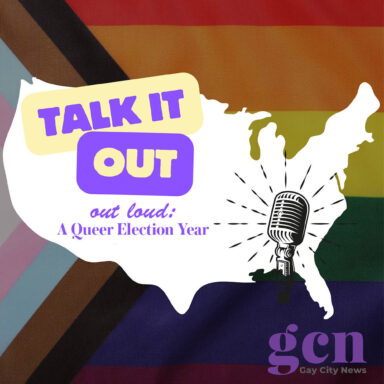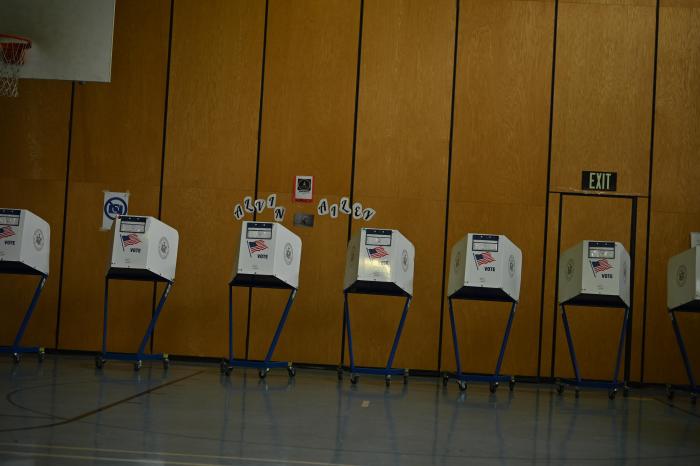He wants to make them spill the beans on oil spills.
News of environmental calamities like petroleum and chemical leaks in coastal waters must be released to the public as quickly as possible, according to a pair of bills being pushed by a Southern Brooklyn councilman, who says that an oil spill earlier this year which went unreported for weeks put Brooklynites’ lives in jeopardy.
Locals were enraged earlier this year when agencies and local pols first failed to inform them about the Gravesend oil spill — which dumped more than 27,000 gallons of fuel into Gravesend Bay overnight — and then passed the buck about who was responsible for doing so. Residents’ frustrations and the legitimate health threats the spills posed were both significant reasons he proposed the legislation, according to Councilman Vincent Gentile (D—Bay Ridge).
The spill “was nearly swept under the rug, if not for the vigilance of environmental advocates and the media,” Gentile said.
The councilman’s two-bill “Shorefront Notification Package” demands that three city agencies — the Office of Emergency Management, Department of Environmental Protection, and Department of Health and Mental Hygiene — must notify local affected Council members and community boards of the hazards “as soon as practicable,” according to the text of the bill.
The first bill requires the city Department of Environmental Protection and Office of Emergency Management to report oil spills to the Council and community boards. The second bill requires the city Department of Environmental Protection to notify the Council and community boards about contaminated bodies of water tainted by sewage or chemicals, and requires the city Department of Health and Mental Hygiene to notify the same bodies when beaches are closed or under advisory.
The state Department of Environmental Conservation came under fire when it did not report the March 30 Gravesend oil spill to the mayor or Councilman Mark Treyger (D–Coney Island) for more than a week. But by that point, Treyger and other local officials had heard about the spill from neighborhood environmental activists who had gotten word of the spill from whistle-blowers inside the state agency, which officially claimed no responsibility to alert the public of oil spills, and Treyger called them out.
The Councilman said that local agencies and officials should take on the responsibility of informing residents about environmental hazards because they are more efficiently able to do so than those at the state level.
“When an oil spill, sewage overflow, or any other related ecological disaster endangers water or shoreline quality, the city should use all the tools at our disposal to expeditiously notify the Council, affected Council members, and affected Community Boards of such toxins,” he said. “Local elected officials are better equipped to disseminate this information to residents than officials in Albany.”
The legislation does not require the agencies to disseminate this information to the news media — despite the fact that the media, and this paper in particular, played a key role in letting the public and local elected officials know about the Gravesend spill — because of the difficulty in specifying who would have to be included in a legally mandated news alert, according to a spokesperson for Gentile’s office.
“There would be plenty of difficulties in passing along the info to media, because certain problems can arise such as who is the media — i.e., just anyone with a press pass — which media outlet reports to which areas, etc.” said Jonathan Shabshaikhes, but he added that the local officials could enlist the media to help disseminate toxic release alerts to the public.
A local resident and environmental activist who supports the bill said that she wished the bill went further in holding city agencies and lawmakers accountable to local residents, but that it is better than nothing.
“It is a start,” said Pamela Pettyjohn, the president of the Coney Island Beautification Project. “It’s better than what we had. They didn’t inform us about anything that was going on or any dangerous conditions before.”
Fellow Council members Jumaane Wililams (D–Flatbush) and Costa Constantinides (D–Queens) co-sponsored the bill.





















